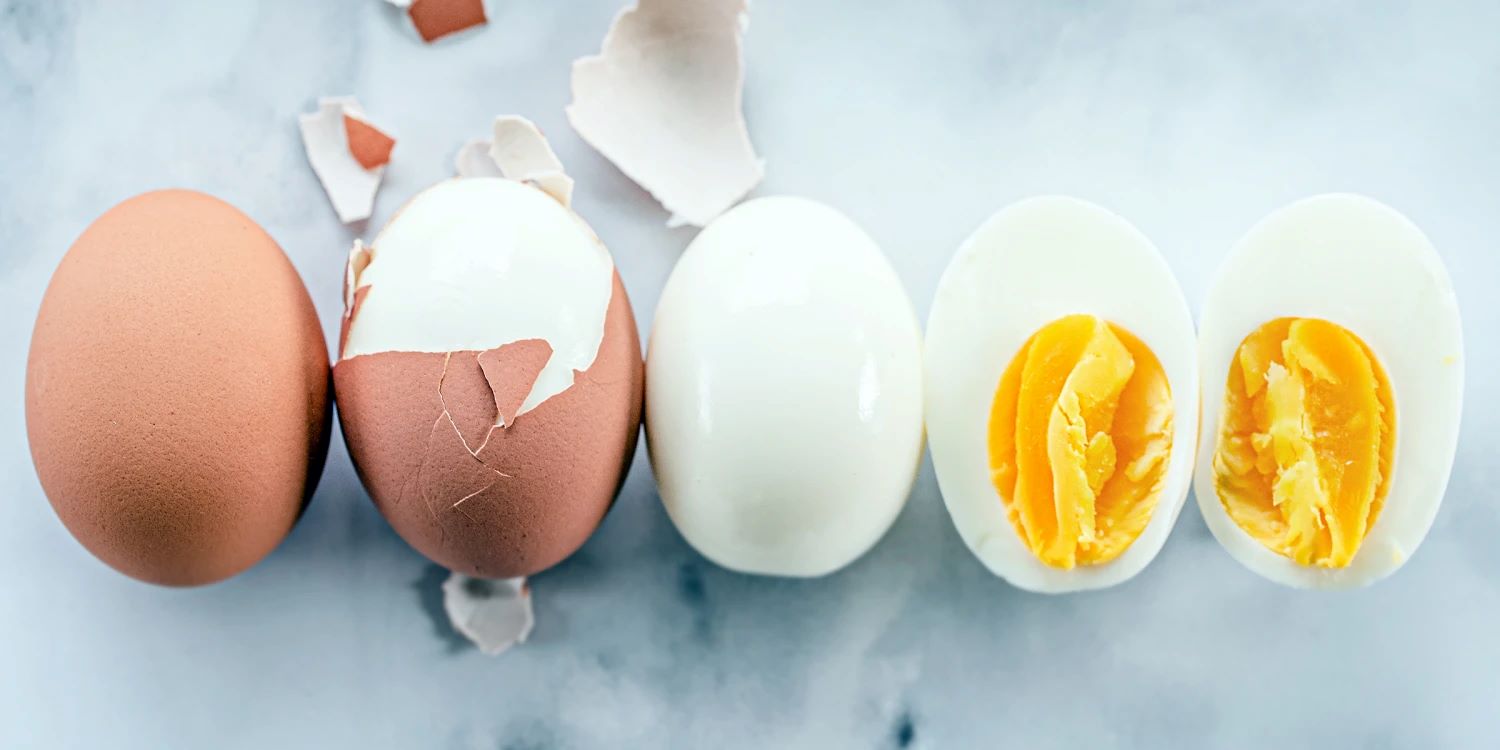

Articles
How To Store Hard Boiled Eggs In Shell
Modified: August 16, 2024
Learn the best methods for storing hard-boiled eggs in their shells with these helpful articles. Keep your eggs fresh and delicious for longer!
(Many of the links in this article redirect to a specific reviewed product. Your purchase of these products through affiliate links helps to generate commission for Storables.com, at no extra cost. Learn more)
Introduction
Hard boiled eggs are a versatile and convenient food option. They can be enjoyed as a quick, protein-rich snack, added to salads, or used as a base for delicious deviled eggs. However, if you’ve ever tried to store hard boiled eggs in their shells, you may have encountered some challenges.
In this article, we will explore the benefits of storing hard boiled eggs in their shells, factors to consider when storing them, and provide you with a step-by-step guide to help you store them properly. We will also discuss alternative methods for storing hard boiled eggs in their shells and share some valuable tips and tricks for optimal storage.
Whether you have leftover hard boiled eggs from a brunch gathering or you simply want to prepare a batch of hard boiled eggs in advance for easy snacking during the week, understanding the best way to store them in their shells is essential for maintaining their freshness and quality.
So, let’s dive in and learn how to properly store hard boiled eggs in their shells, ensuring they stay delicious, safe to eat, and ready to enjoy whenever you need them!
Key Takeaways:
- Storing hard boiled eggs in their shells preserves freshness, flavor, and texture, providing a convenient and versatile snack or ingredient for various dishes.
- Consider factors like egg freshness, storage duration, and temperature to create optimal conditions for storing hard boiled eggs in their shells.
Read more: How To Store Shelled Hard Boiled Eggs
Why Store Hard Boiled Eggs In Shell
When it comes to storing hard boiled eggs, there are a few reasons why keeping them in their shells is the preferred method:
- Protection: The shell acts as a protective barrier, shielding the egg from external elements that can lead to faster spoilage. Storing the eggs in their shells helps maintain their freshness and prevents them from absorbing odors or flavors from other foods in the refrigerator.
- Convenience: Storing hard boiled eggs in their shells allows for easy identification in the refrigerator. You can quickly grab a ready-to-eat egg without confusion or the need for additional packaging.
- Extended Shelf Life: Without the shell, hard boiled eggs have a shorter shelf life as they are more prone to drying out. The shell helps retain moisture and keeps the eggs hydrated, allowing them to stay fresh for a longer period.
- Egg Quality: Storing hard boiled eggs in their shells helps preserve their texture and flavor. The shell acts as a natural barrier that helps maintain the eggs’ natural moisture content, preventing them from becoming rubbery or losing their taste.
- Portability: If you plan to take hard boiled eggs on-the-go, keeping them in their shells is a convenient option. The shells provide a protective layer, preventing the eggs from getting crushed or damaged during transport.
Overall, storing hard boiled eggs in their shells ensures that they retain their freshness, flavor, and quality for an extended period. It also offers convenience and protection, making them an ideal snack or ingredient for various dishes.
Now that we understand why storing hard boiled eggs in their shells is beneficial, let’s delve into the factors you should consider before storing them.
Factors to Consider
Before you store hard boiled eggs in their shells, it’s important to take a few factors into consideration to ensure optimal storage conditions:
- Freshness of the Eggs: The quality and freshness of the eggs you use for hard boiling will impact their storage life. It’s best to use fresh eggs that are free from cracks or damage to ensure they stay fresh for a longer period.
- Cooking and Cooling Process: Properly cooking and cooling the eggs before storage is crucial. Ensure the eggs are fully cooked with firm yolks and no runny centers. After boiling, cool the eggs quickly in an ice bath to prevent overcooking and to make them easier to peel.
- Storage Duration: Consider how long you intend to store the hard boiled eggs as the storage duration can affect their quality. While they can be stored for a few days, it’s best to consume them within a week for optimal taste and texture.
- Temperature and Humidity: The temperature and humidity of the storage environment play a role in preserving the freshness of hard boiled eggs. Aim to store them in the refrigerator at a temperature between 35 to 40 degrees Fahrenheit (2 to 4 degrees Celsius) and at a humidity level of around 70 to 80%.
- Storage Container: Choosing the right storage container is essential. Use airtight containers or resealable plastic bags to prevent moisture loss and protect the eggs from absorbing unwanted flavors or odors.
By considering these factors, you can create the ideal conditions for storing hard boiled eggs in their shells and maintain their quality and freshness.
Next, we will guide you through a step-by-step process to properly store hard boiled eggs in their shells.
Step-by-Step Guide to Storing Hard Boiled Eggs in Shell
Follow these simple steps to store hard boiled eggs in their shells:
- Cook and Cool the Eggs: Start by boiling your eggs until they are fully cooked. Once they are cooked, drain the hot water, and transfer the eggs to an ice bath to cool them quickly. Let them sit in the ice bath for about 10 minutes.
- Pat Dry: After the eggs have cooled, remove them from the ice bath and pat them dry with a paper towel. Drying the eggs helps remove any excess moisture before storage.
- Arrange in a Container: Take an airtight container or resealable plastic bag and arrange the hard boiled eggs in a single layer. Avoid overcrowding, as this can lead to egg damage or spoilage. If you need to store multiple layers, separate them with a layer of paper towel or parchment paper.
- Seal the Container: Ensure the container or bag is fully sealed to create a tight and secure environment. This will help maintain the eggs’ moisture and protect them from absorbing odors from other foods in the refrigerator.
- Label and Date: Optionally, label the container or bag with the date of storage. This will help you keep track of their freshness and ensure they are consumed within a reasonable time frame.
- Store in the Refrigerator: Place the container or bag of hard boiled eggs in the refrigerator, ideally on a shelf rather than on the fridge door. The consistent and cooler temperature in the refrigerator will help keep the eggs fresh and safe to eat.
- Use within One Week: Stored properly, hard boiled eggs in their shells can be safely consumed for up to one week. Remember to check for any signs of spoilage or unusual odors before consuming.
By following these steps, you can ensure that your hard boiled eggs remain fresh, tasty, and ready to enjoy whenever you need them.
Next, let’s explore some alternative methods for storing hard boiled eggs in their shells.
After boiling, cool the eggs in an ice water bath for 10 minutes, then store them in the refrigerator in their shells. They can be kept for up to 1 week.
Alternative Methods for Storing Hard Boiled Eggs In Shell
While the traditional method of storing hard boiled eggs in their shells works well for most people, there are a few alternative methods you can try:
- Vinegar Solution: Some people swear by storing hard boiled eggs in a mixture of water and vinegar. This method involves placing the peeled eggs in a container and covering them with a solution of 1 part vinegar to 3 parts water. The vinegar helps create a slightly acidic environment, which can extend the shelf life of the eggs.
- Oil Coating: Another alternative is coating the peeled eggs with oil. The oil acts as a protective layer, sealing the eggs and preventing them from drying out. Simply dip the peeled eggs in a container of oil, such as vegetable or olive oil, and ensure they are completely coated before storing them in an airtight container.
- Freezing: If you have an abundance of hard boiled eggs that you want to store for a longer period, you can freeze them. Start by peeling the eggs, then wrap each egg tightly in plastic wrap or place them in a freezer-safe container. Let the eggs thaw in the refrigerator before consuming them.
- Water Immersion: For shorter storage periods, you can store hard boiled eggs in a container filled with water. Simply peel the eggs and submerge them completely in cold water. Change the water every day or every few days to keep it fresh.
It’s important to note that these alternative methods may alter the texture or taste of the hard boiled eggs to some extent. It’s recommended to try them out on a small batch first to see if you are satisfied with the results.
Now that you have learned some alternative methods for storing hard boiled eggs in their shells, let’s explore some tips and tricks for optimal storage.
Read more: How To Store Hard-Boiled Eggs
Tips and Tricks for Optimal Storage
Here are some helpful tips and tricks to ensure optimal storage of hard boiled eggs in their shells:
- Don’t Peel Until Ready to Use: If you plan to store hard boiled eggs for an extended period, it’s best to keep them in their shells until you are ready to consume or use them. The shells provide an extra layer of protection and help maintain the eggs’ quality.
- Label and Date: To keep track of the freshness and storage time, label the containers or bags with the date of storage. This will help you identify the oldest eggs and prioritize their consumption.
- Keep Separated: If storing multiple hard boiled eggs, ensure they are not touching each other. This helps prevent any potential transfer of bacteria or odors between the eggs.
- Avoid Odorous Foods: Store hard boiled eggs away from strong-smelling foods like onions, garlic, or pungent cheeses. Eggs have a porous shell and can absorb odors easily, which may affect their taste and quality.
- Handle with Care: When handling hard boiled eggs, be gentle to prevent any cracks or damage to the shell. Cracks can lead to faster spoilage and increase the risk of bacterial contamination.
- Store in the Main Fridge Area: Place the eggs in the main area of the refrigerator rather than the fridge door. The temperature in the main area tends to be more consistent, ensuring the eggs remain at the right temperature.
- Rotate the Eggs: If storing multiple eggs, periodically rotate them to ensure even distribution of moisture and prevent any soft spots from forming.
- Keep Refrigerated: Once you have stored the hard boiled eggs in the fridge, make sure to keep them refrigerated at all times. Avoid leaving them at room temperature for an extended period, as this can lead to bacterial growth and spoilage.
By following these tips and tricks, you can maximize the freshness and quality of your stored hard boiled eggs, ensuring a delightful culinary experience when you’re ready to enjoy them.
Now that you have a comprehensive understanding of storing hard boiled eggs in their shells, it’s time to wrap up this article.
Conclusion
Storing hard boiled eggs in their shells is a convenient and effective method to ensure their freshness and quality. The shell acts as a protective barrier, preserving their flavor, texture, and moisture. By considering factors such as egg freshness, cooking and cooling process, storage duration, temperature, and humidity, you can create the optimal conditions for storing hard boiled eggs.
Following the step-by-step guide, you can store hard boiled eggs in their shells easily. Whether you choose the traditional method, alternative methods such as vinegar solution or oil coating, or even freezing them, it’s important to find the method that works best for your needs and preferences.
Remember to take advantage of tips and tricks such as labeling and dating the containers, keeping eggs separated, avoiding odorous foods, and handling them with care to maintain their quality. Keep the eggs refrigerated at all times and consume them within a week for the best taste and safety.
Whether you want to have a quick and nutritious snack or include these eggs in your recipes, knowing how to store hard boiled eggs in their shells will ensure their availability whenever you need them. So, go ahead and start incorporating this storage method into your routine to make the most out of your hard boiled eggs.
Now you’re well-equipped with the knowledge to properly store hard boiled eggs in their shells. Enjoy the convenience, flavor, and benefits of having perfectly stored hard boiled eggs at your fingertips!
Frequently Asked Questions about How To Store Hard Boiled Eggs In Shell
Was this page helpful?
At Storables.com, we guarantee accurate and reliable information. Our content, validated by Expert Board Contributors, is crafted following stringent Editorial Policies. We're committed to providing you with well-researched, expert-backed insights for all your informational needs.


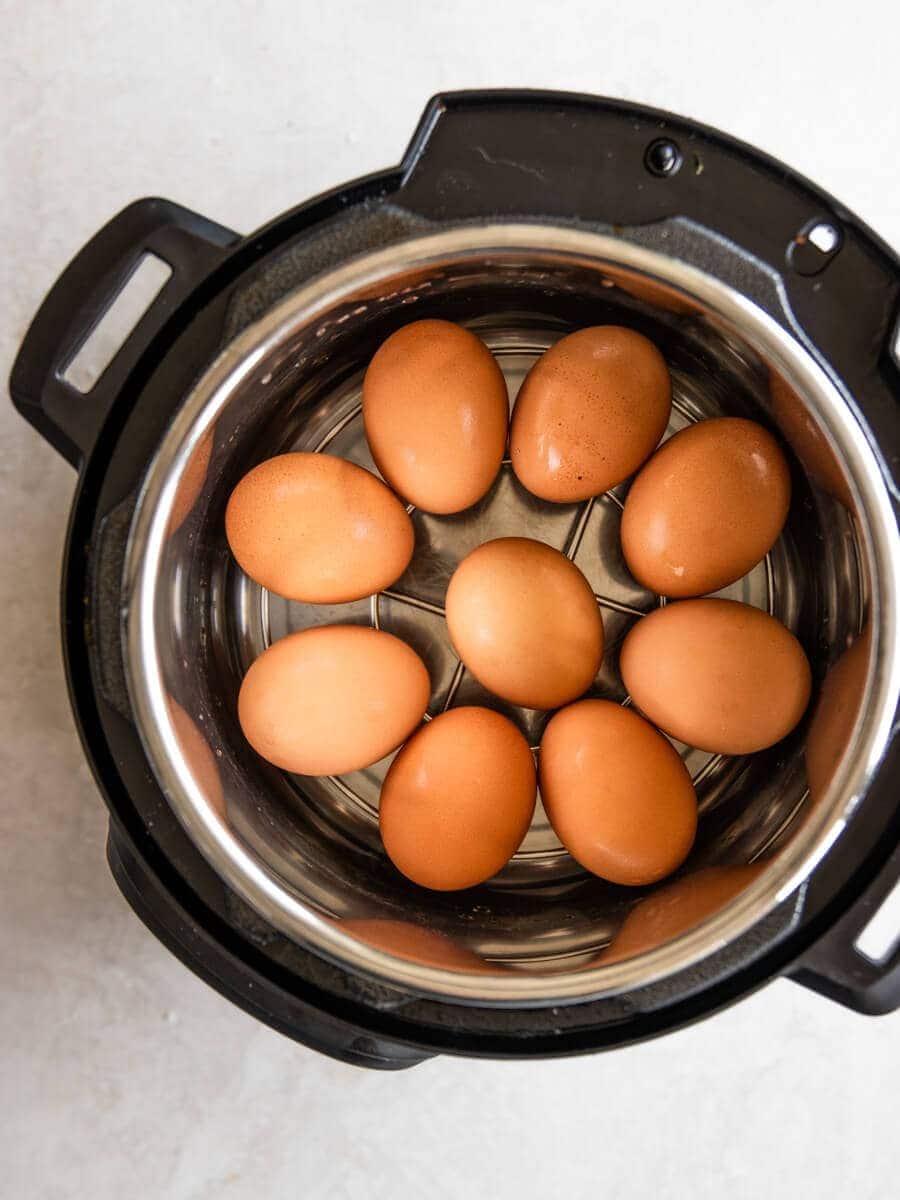
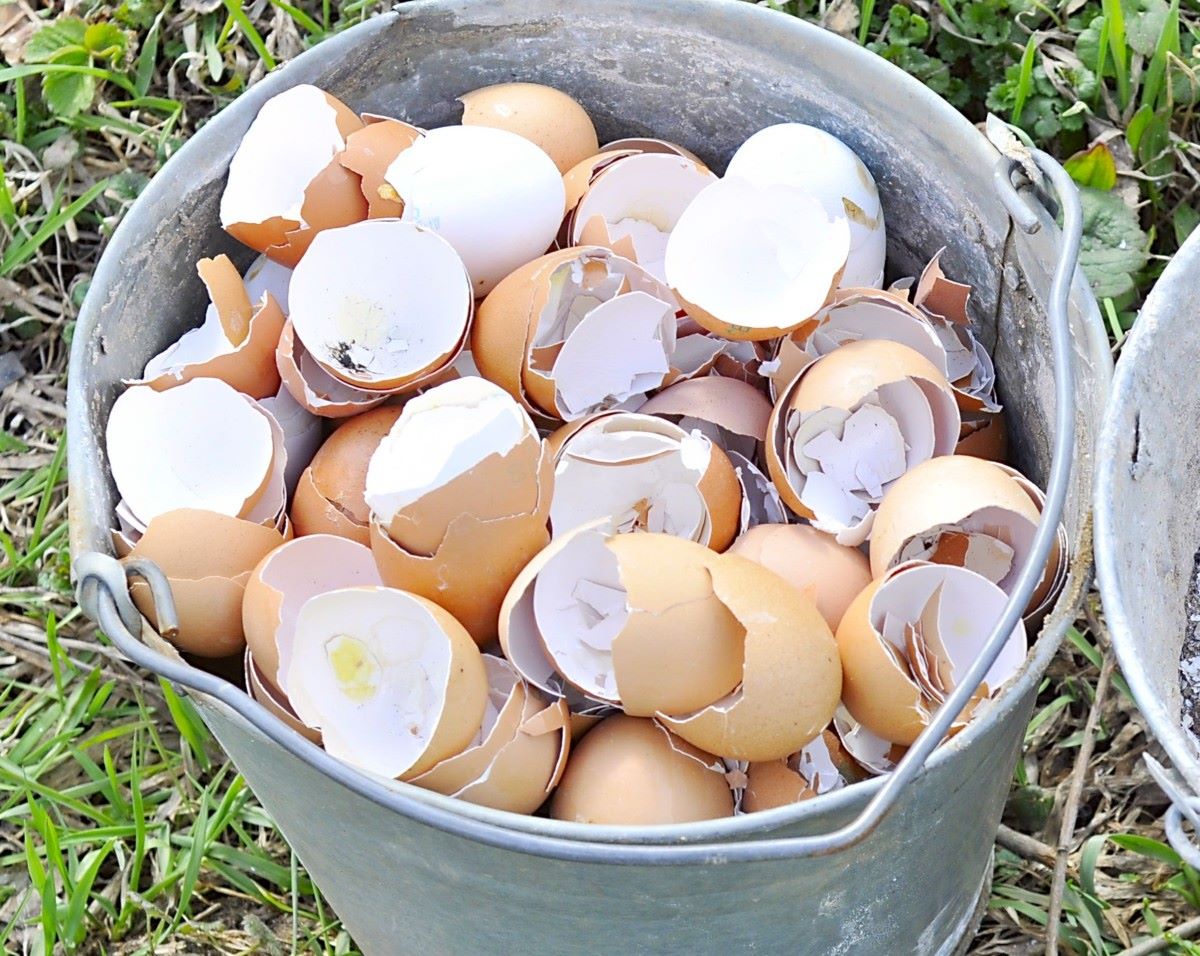



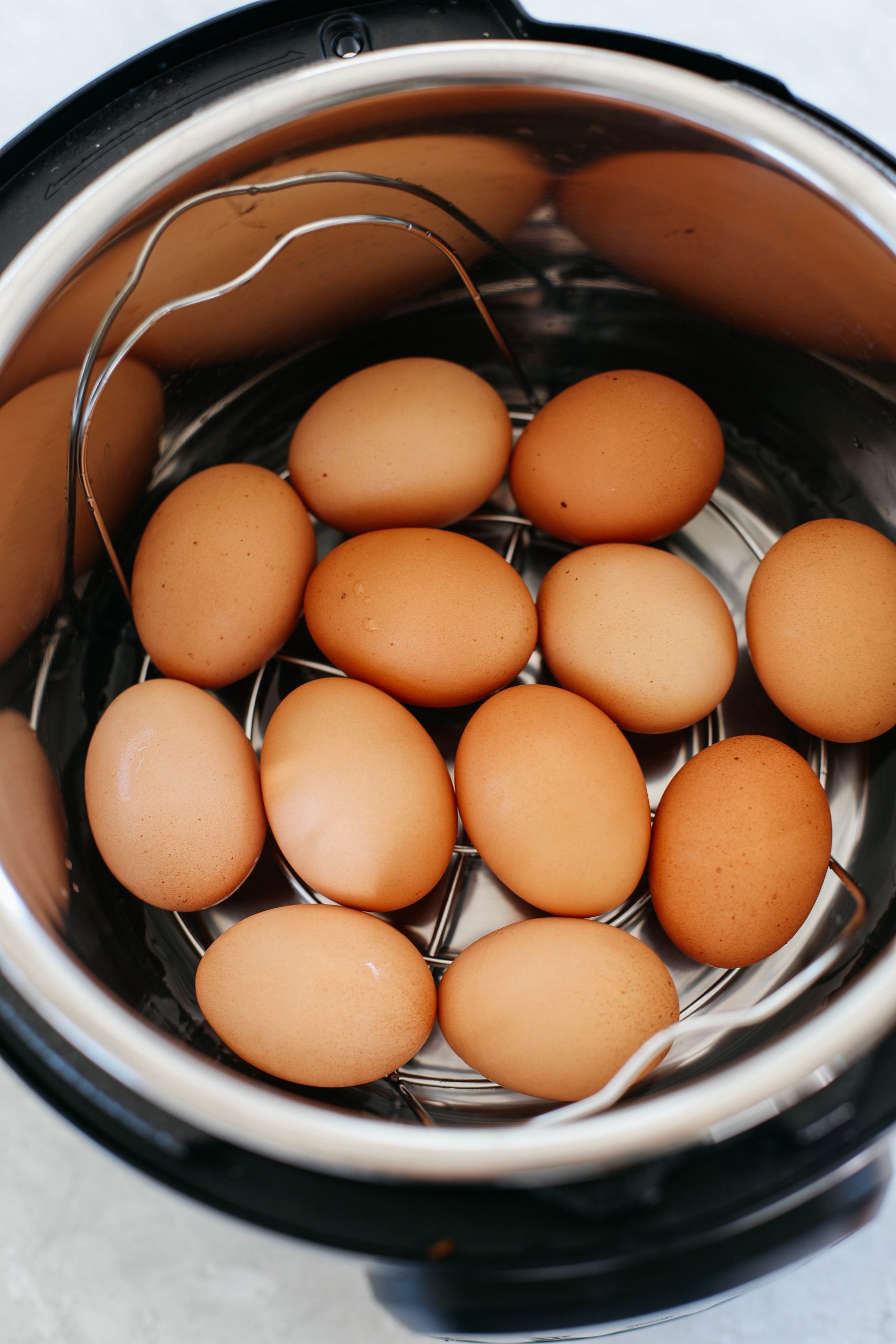
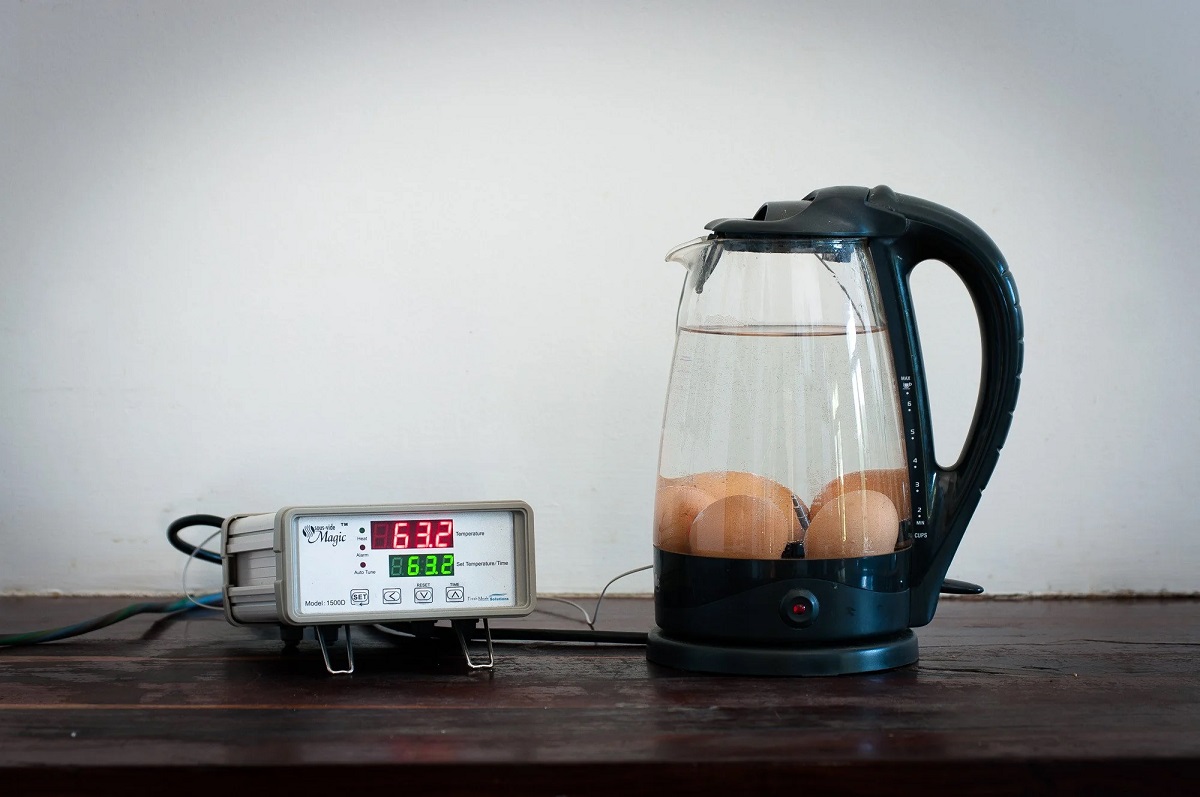
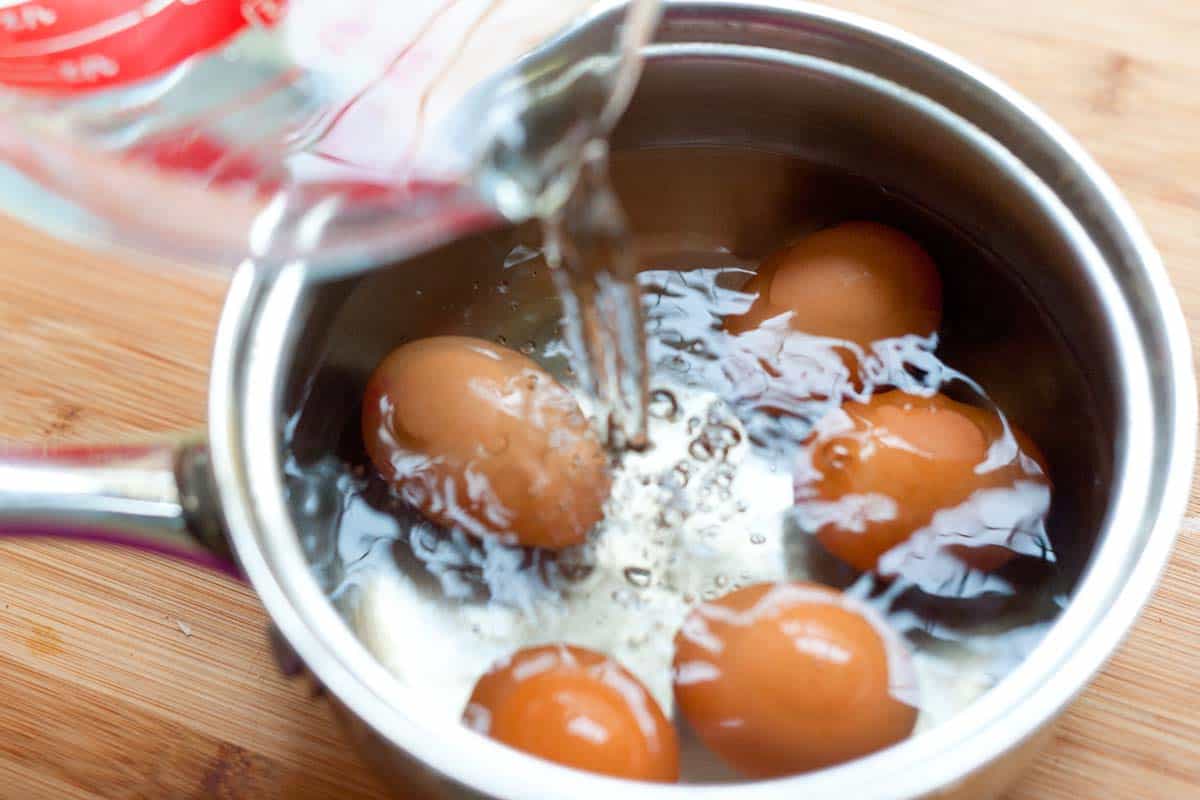
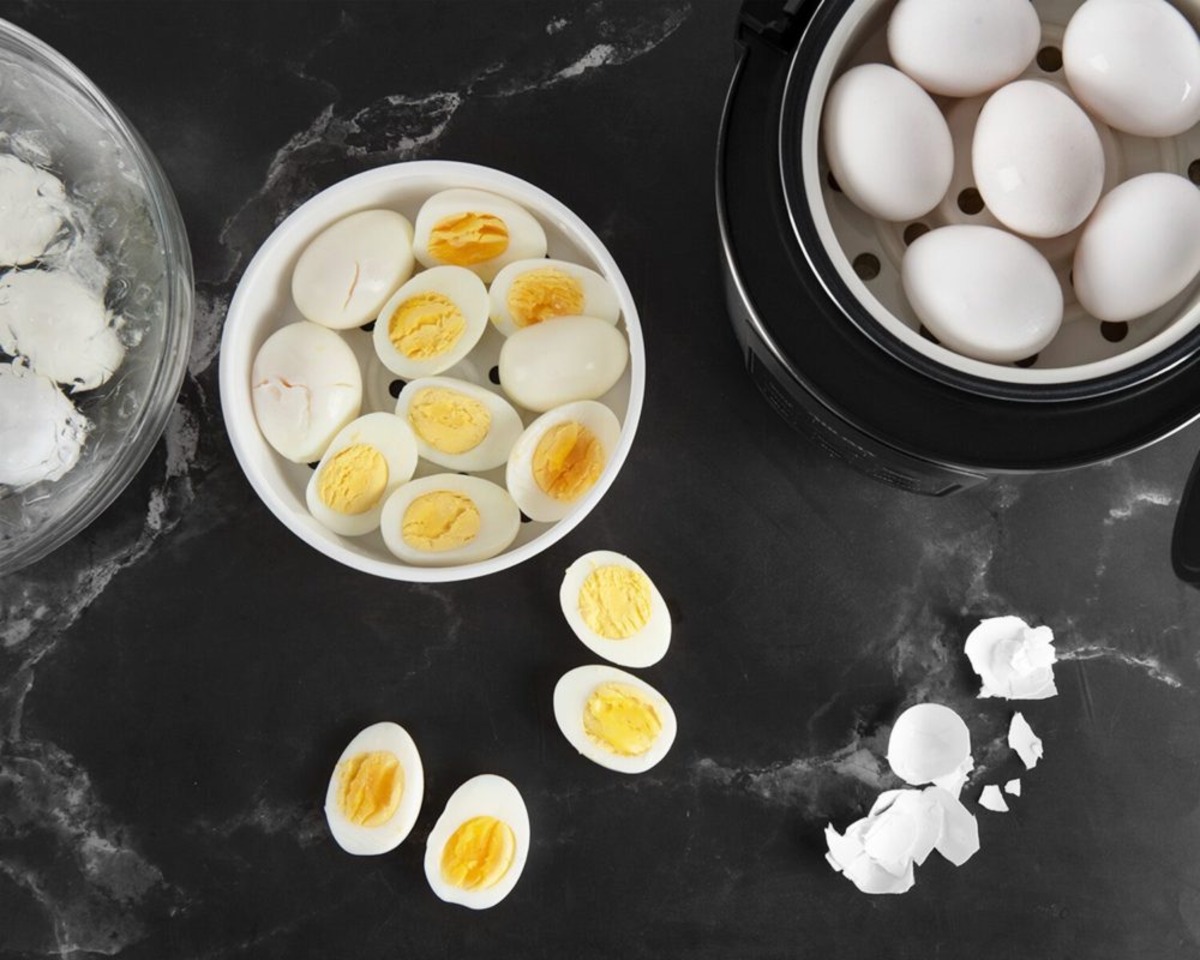

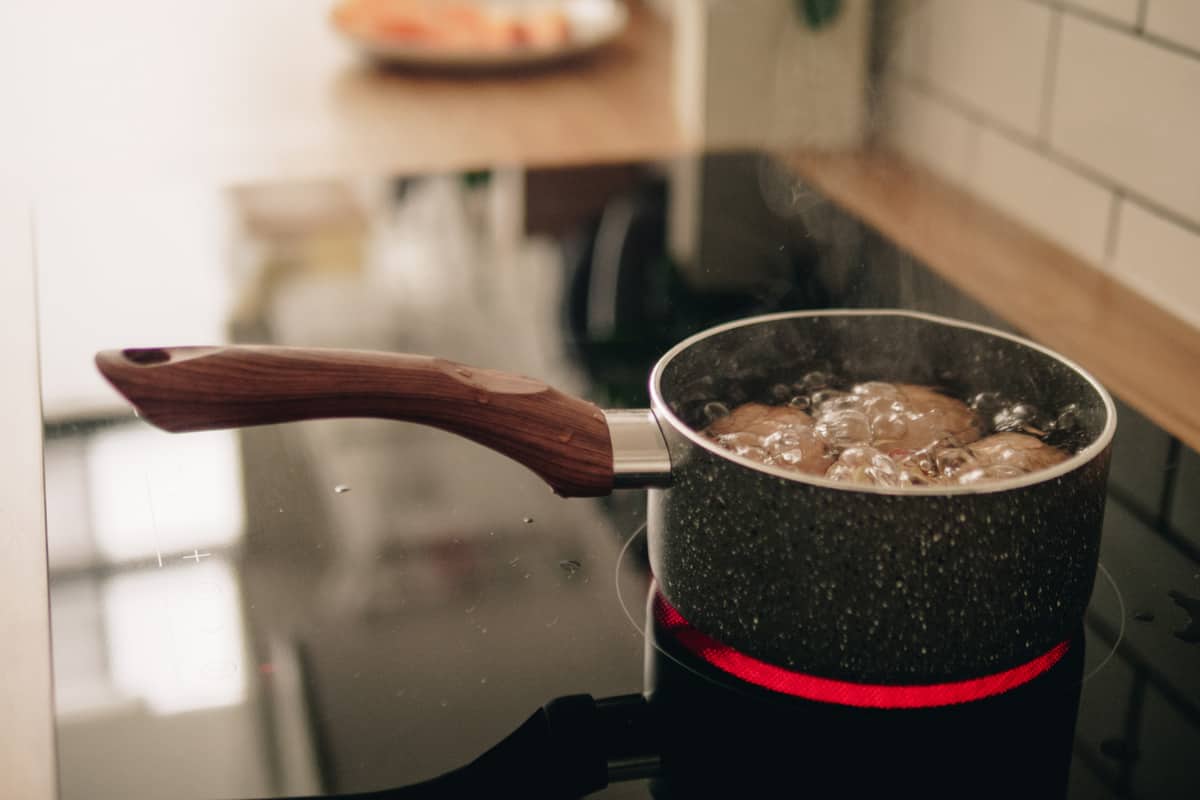
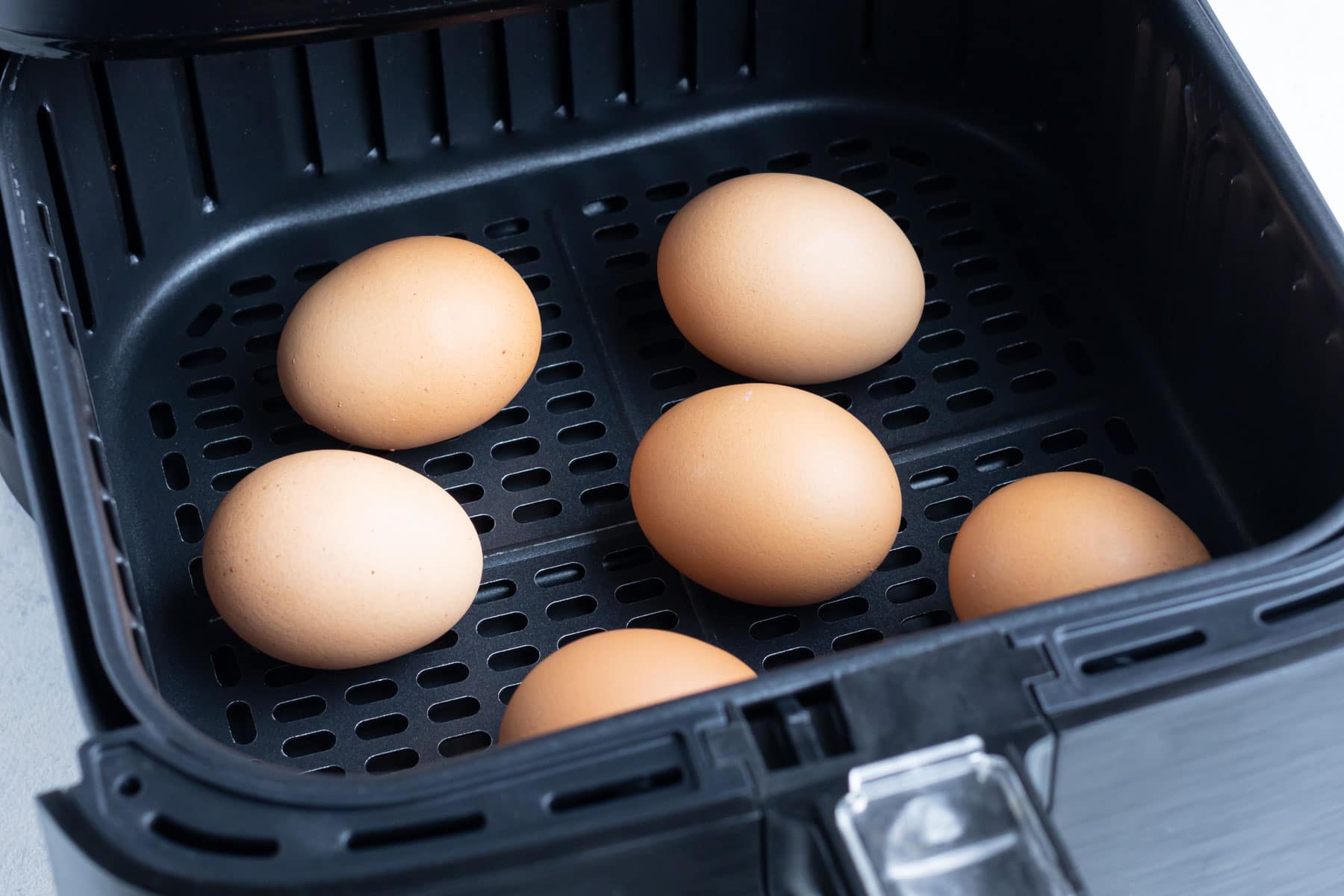

0 thoughts on “How To Store Hard Boiled Eggs In Shell”